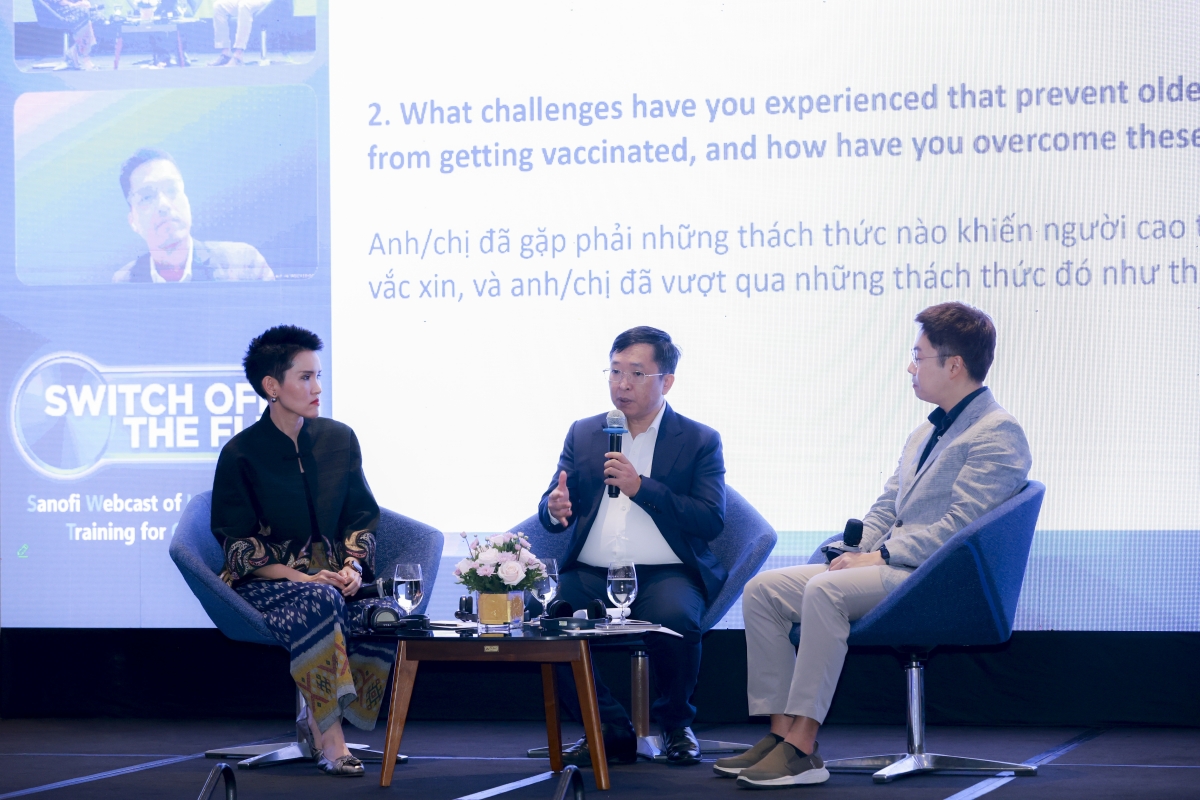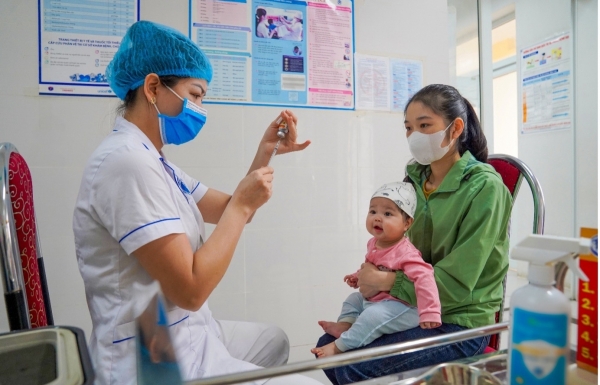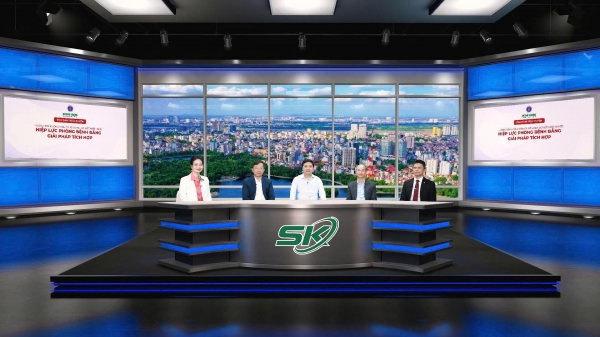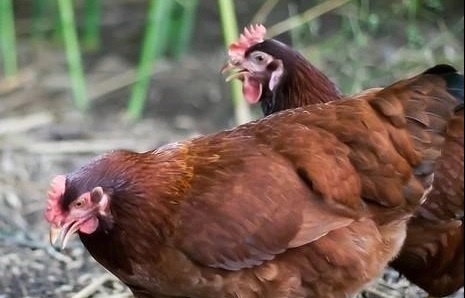INTERNATIONAL INVESTMENT
AND PORTAL
Vietnam will launch a scheme early next year to reduce quarantine to three days for vaccinated visitors, marking a significant step forward in the government’s efforts to ease restrictions and boost investment flows.
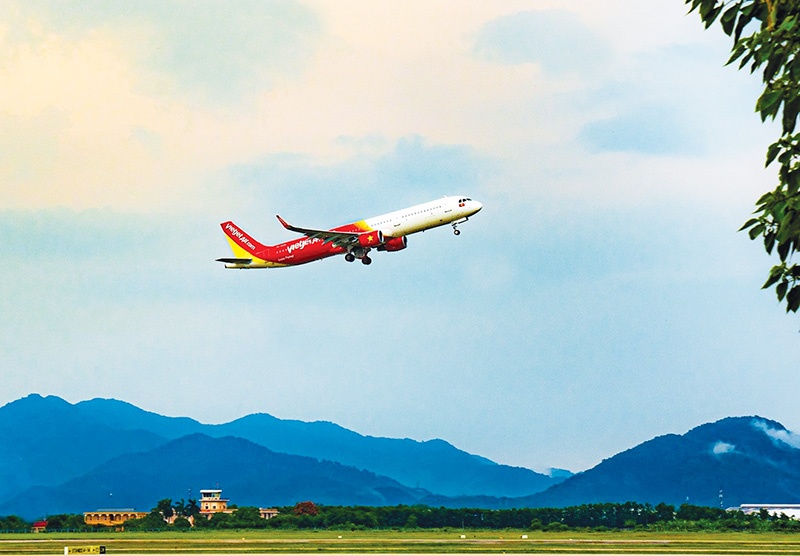 Airlines have worked hard on measures to ensure safety for customers and workers
Airlines have worked hard on measures to ensure safety for customers and workers
On December 16, the Ministry of Health (MoH) issued Decision No.10688/BYT-MT on the prevention and control of the COVID-19 pandemic in respect of individuals entering Vietnam. Starting January 1, fully vaccinated individuals or those who have recovered from COVID-19 will only have to self-isolate at home for three days after arriving in Vietnam. This is a shift from the current requirement of seven days of quarantine at either a hotel or a government facility.
Adam Sitkoff, executive director of the American Chamber of Commerce (AmCham) in Hanoi, told VIR, “Timely and effective implementation of these relaxed restrictions will reduce the burden currently imposed on inbound arrivals. The savings in both time and money will help facilitate travel and will promote greater trade and investment ties.”
Despite welcoming the news, Sitkoff raised his concerns that the virus is not tired of humanity. “The Omicron variant may be here soon, or maybe already is, and I question whether the government will actually implement the new rules on January 1, or whether it will reverse course similar to Thailand and some other countries.”
“There are Vietnamese stuck abroad, overseas Vietnamese wishing to visit around the Lunar New Year, foreigners eager to reunite with families, and some foreign experts and business people wanting to enter Vietnam,” Sitkoff said. “There may even be a few brave tourists out there. But we must remain realistic and recognise that opening borders involve risk. Soaring infection rates are concerning. Many people will choose to stay near home, and it will take additional time before we see many people travelling to Vietnam.”
The safety measures introduced to manage COVID-19 outbreaks have seriously affected the operations and investment activities of many companies in Vietnam. Despite restrictions on cross-border movements, there is still strong demand from overseas investors, including global and regional private equity firms looking for targets in Vietnam, as evidenced by the pipeline in 2021, according to Seck Yee Chung, partner at Baker McKenzie.
Because of strict lockdowns around the third quarter of 2021, projected GDP growth had to be adjusted – but nonetheless, there is still growth projected to be somewhere around 3-3.5 per cent.
“We believe Vietnam will keep this momentum going when its international borders fully reopen. The country’s position in the global supply chain remains critical, as investors look at other Asian countries (apart from China) for production activities. Post-pandemic, we believe foreign groups will navigate their investment towards the digital economy, and mergers and acquisitions will be the fastest way for businesses to tap into this booming industry,” Chung stressed.
According to a report by Maybank Kim Eng, a coronavirus resurgence due to new lethal mutant variants remains the biggest downside risk, but higher vaccination rates provide grounds for optimism. More than 70 per cent of the Vietnamese population have been vaccinated with at least one dose and over half have been fully vaccinated as of the end of November. Reopening of international borders will help support the recovery, although a more meaningful return in tourism is likely only to start in the second half of 2022.
To effectively ease the border restrictions, Sitkoff from AmCham recommended that permission to enter Vietnam remains challenging due to complicated and burdensome paperwork procedures and difficulties getting work permits because of unreasonable requirements established earlier this year. Thus, Vietnam needs to see more consideration of international standards, and the government should eliminate the need for notarised documents.
“Mobility is important and we need a system that enables people to take short business trips abroad as well as the ability to get investors and necessary workers into Vietnam in an efficient manner,” he added.
By Olivia Bui


